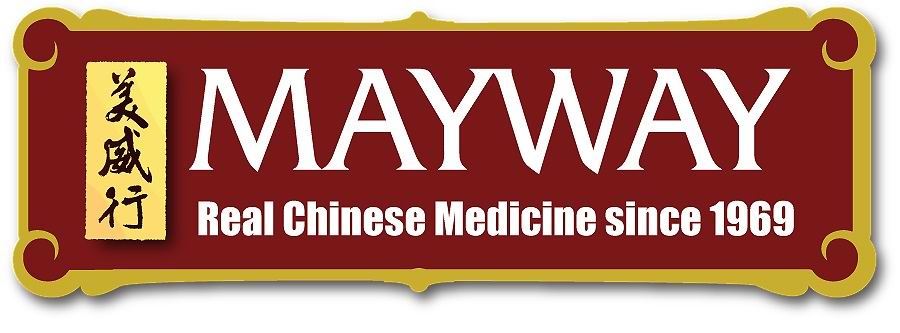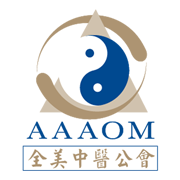|
Br J Nutr. 2012 Mar;107(5):712-8. Epub 2011 Aug 25.
EFFECTS OF A CHINESE MEDICAL HERBS COMPLEX ON CELLULAR IMMUNITY AND TOXICITY-RELATED CONDITIONS OF BREAST CANCER PATIENTS.
Zhuang SR, Chiu HF, Chen SL, Tsai JH, Lee MY, Lee HS, Shen YC, Yan YY, Shane GT, Wang CK.
SOURCE
Department of Nutrition, Chung Shan Medical University Hospital, No. 110, Section 1, Jianguo North Road, Taichung 40201, Taiwan, ROC.
ABSTRACT
Rose geranium (Pelargonium graveolens, Geraniaceae) has anti-cancer and anti-inflammatory properties, and promotes wound healing. Similarly, Ganoderma tsugae (Ganodermataceae), Codonopsis pilosula (Campanulaceae) and Angelica sinensis (Apiaceae) are traditional Chinese herbs associated with immunomodulatory functions. In the present study, a randomised, double-blind, placebo-controlled study was conducted to examine whether the Chinese medicinal herb complex, RG-CMH, which represents a mixture of rose geranium and extracts of G. tsugae, C. pilosula and A. sinensis, can improve the immune cell count of cancer patients receiving chemotherapy and/or radiotherapy to prevent leucopenia and immune impairment that usually occurs during cancer therapy. A total of fifty-eight breast cancer patients who received chemotherapy or radiotherapy were enrolled. Immune cell levels in patient serum were determined before, and following, 6 weeks of cancer treatment for patients receiving either an RG-CMH or a placebo. Administration of RG-CMH was associated with a significant reduction in levels of leucocytes from 31·5 % for the placebo group to 13·4 % for the RG-CMH group. Similarly, levels of neutrophils significantly decreased from 35·6 % for the placebo group to 11·0 % for the RG-CMH group. RG-CMH intervention was also associated with a decrease in levels of T cells, helper T cells, cytotoxic T cells and natural killer cells compared with the placebo group. However, these differences between the two groups were not statistically significant. In conclusion, administration of RG-CMH to patients receiving chemotherapy/radiotherapy may have the capacity to delay, or ease, the reduction in levels of leucocytes and neutrophils that are experienced by patients during cancer treatment.
PMID: 21864416 [PubMed - indexed for MEDLINE]
Tags: breast cancer cellular immunity research
|




